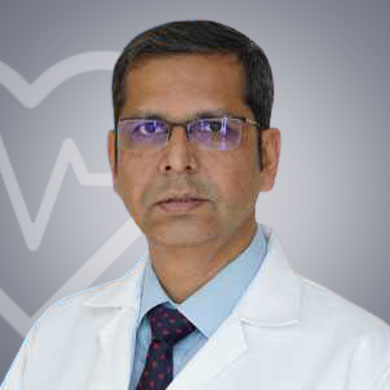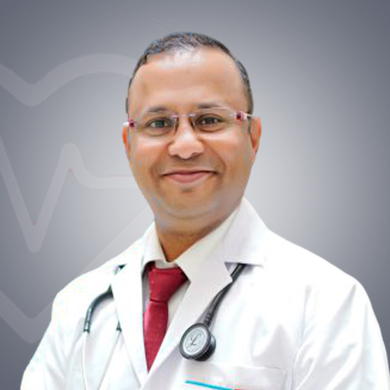Oral cancer, commonly referred to as mouth cancer or throat cancer, is an uncontrollable growth of cells in the oral cavity. It refers to cancer that develops in any of the parts that make up the mouth. It can include cancer of the lips, tongue, cheeks, the floor of the mouth, pharynx (throat), hard and soft palate, and either of the sinuses. Mouth and oropharyngeal cancer can be life-threatening, but it could be prevented if the cancer is diagnosed early enough.
Oral cancer is a result of a mutation in the DNA of the cells in the mouth. Certain identified risk factors for mouth cancer predisposes a person to oral cancer.
There are some typical signs of mouth cancer that a majority of patients experience. Make sure to visit your doctor or dentist in case you experience any of the following signs of mouth cancer:
Early diagnosis of oral cancer is one of the keys to improved rates of survival. It is better to visit a dentist periodically so that as a part of your routine dental exam, your dentist can conduct an oral cancer screening exam if he or she sees any lumps or irregular tissue changes in your neck, head, face, and oral cavity.
The following are some of the common tests used for oral cancer diagnosis:
At this stage, you may want to ask several questions from your doctor about the future course of action. Do not stop yourself from clearing your doubts from the surgeon and prepare your mind accordingly. You may want to know more about the impact of surgery on your quality of life and how soon you are expected to recover from the surgery.
You must make several lifestyle-related chances prior to treatment to improve your chances of successful recovery. Additionally, stop taking specific medicines or drugs prior to the treatment or as advised by the doctor.
Oral cancer treatment is similar to that for other types of cancers. You may have to go for just one type of treatment or a combination of different cancer treatment options. Your doctor will suggest you the most suitable treatment depending on the location of cancer, its stage, and your overall health status.

Delhi, India
Equipped with more than 50 specialty institutes, Indraprastha Apollo was started with the vision of ...more
![]() Private Rooms
Private Rooms
![]() Translator
Translator
![]() Nursery / Nanny Services
Nursery / Nanny Services
![]() Airport Pick up
Airport Pick up

London, United Kingdom
History Parkside Hospital based in London is currently owned by Aspen Healthcare. Aspen Healthcare ...more
![]() Accommodation
Accommodation
![]() Airport Transfer
Airport Transfer
![]() Choice of Meals
Choice of Meals
![]() Interpreter
Interpreter

Tunis, Tunisia
History Opened with the commitment of Quality services, Highest quality care, Respect for your priv...more
![]() Accommodation
Accommodation
![]() Airport Transfer
Airport Transfer
![]() Choice of Meals
Choice of Meals
![]() Interpreter
Interpreter

Surgical Oncologist
Delhi, India
22 Years of experience
USD 28 for video consultation

Medical Oncologist
Delhi, India
21 of experience
USD 50 for video consultation

Medical Oncologist
Gurugram, India
10 of experience
USD 50 for video consultation

Surgical Oncology
Delhi, India
10 of experience
USD 40 for video consultation
Q: Can oral cancer reoccur?
A: Although chances are rare, oral cancer patients can still develop cancer in the lungs, larynx, esophagus, pancreas or any other organ after treatment, However, this will only happen if cancer cells are left off.
Q: What is the gum cancer survival rate?
A: The 5-year gun cancer survival rate is around 83 percent for cancer that is restricted to its place of origin, 62 percent for cancer that has spread to the lymph nodes, and around 38 percent for cancer that has metastasized to the distant tissues and organs.
Q: What is the stage 4 oral cancer survival rate?
A: Stage 4 oral cancer survival rate is around 38 percent.
Q: What does cancer of the lip look like?
A: A red or white patch on the lip, a sore, lesion, lump, or blister on the lip, or bleeding or pain on the lips are some of the common signs of cancer of the lip.